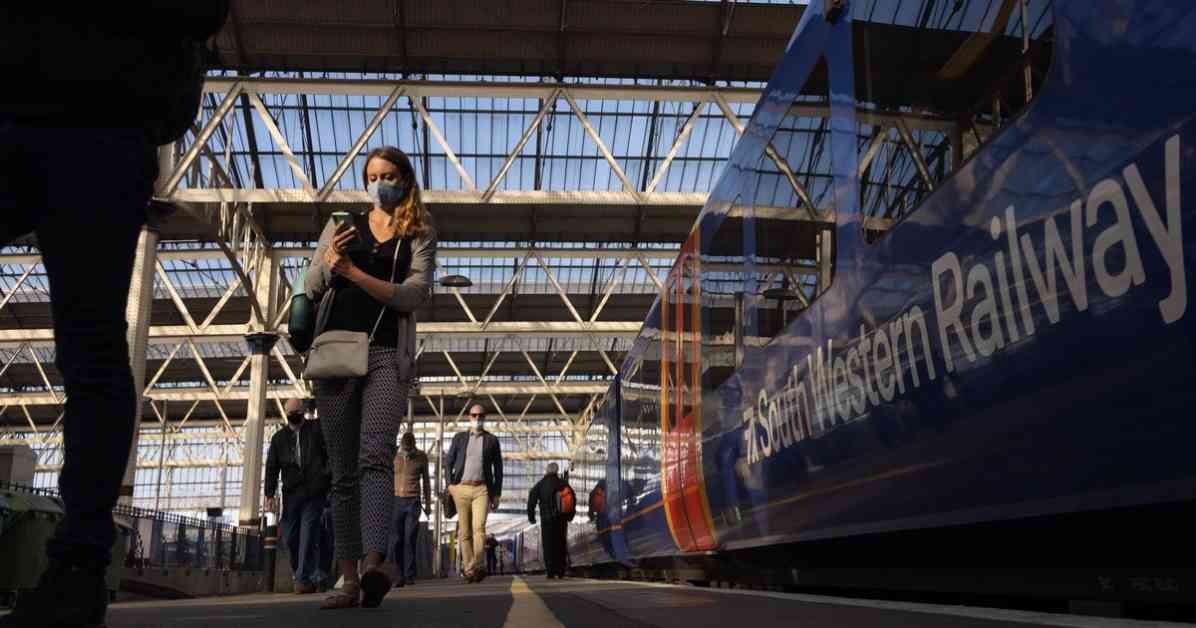Train Delay Compensation: A Comprehensive Guide to Claiming a Full Refund for Delayed Trains
Travelling by train can be a convenient and efficient way to get from one place to another. However, delays and cancellations are a common occurrence that can disrupt your plans and cause frustration. The good news is that if your train is delayed or cancelled, you may be entitled to claim compensation and even receive a refund for the full amount you paid for your ticket.
Claiming compensation for a delayed or cancelled train is not as complicated as it may seem. Each train operator has specific guidelines and rules for what qualifies for compensation, but the Delay Repay scheme has simplified the process. Under this scheme, you can claim compensation for any delay of more than 15 or 30 minutes, depending on the train operator, without having to provide any other cause.
It’s important to note that the time you arrive at your destination, not when the train left, determines if you qualify for a refund. For example, if your train leaves more than 15 minutes later than scheduled but arrives only 10 minutes late due to speeding, you may not be eligible for compensation under the Delay Repay scheme. Be sure to check with the rail operator you were travelling with, as some use a 30-minute threshold for compensation.
While most train operators use the 15-minute threshold for compensation, some, including Chiltern, Eurostar, Grand Central, Heathrow Express, Hull Trains, London Overground, Merseyrail, and TfL Rail, do not participate in the Delay Repay scheme. However, you can still check their refund policies for delays on their respective websites.
How much can you get refunded?
Most train operators that use the Delay Repay scheme offer 25 percent of the fare back for delays of between 15 and 29 minutes. For operators with a 30-minute Delay Repay policy, the minimum compensation for a delay is 50 percent. If your train is delayed by an hour or more, you may be entitled to a full refund of the ticket price. For delays of two hours or more, including cancellations, you can receive 100 percent of the single or return fare.
If you have a season ticket, you can still claim compensation on a proportionate basis. Some train operators offer 1/40th of a weekly ticket, 1/160th of a monthly ticket, or 1/1856th of an annual ticket for delays of 15-29 minutes. It’s worth noting that you can receive the compensation as cash, not just a voucher for future travel, as mandated by the National Rail Conditions of Travel.
How to claim a refund
Claiming a refund for a delayed or cancelled train journey is a straightforward process that involves a few simple steps. First, identify the train company running the service that was delayed and check their refund policies on their website. Then, fill in the claim form provided by the train operator, making sure to include a photo of your ticket if it’s in paper form. Be sure to submit your claim within the specified time limit of 28 days following the delay.
What to do if your claim is rejected
If your compensation claim is rejected or you are dissatisfied with how it was handled, you can escalate your complaint to the train company. If you still do not receive a satisfactory resolution, you have the option to escalate your complaint to the Rail Ombudsman. However, this option does not apply to Transport for London-related complaints.
When escalating a complaint to the Rail Ombudsman, you will be asked to explain the situation and what action you would like the rail firm to take. Depending on the nature of your complaint, you may need to provide evidence such as letters, tickets, and receipts to support your case.
In conclusion, knowing your rights as a passenger and understanding the compensation and refund policies for delayed or cancelled trains is essential. By following the appropriate steps and being aware of the guidelines set by train operators and regulatory bodies, you can ensure that you receive fair compensation for any inconvenience caused by train delays. Remember, your journey matters, and you deserve to be compensated for any disruptions you experience while travelling by train.












